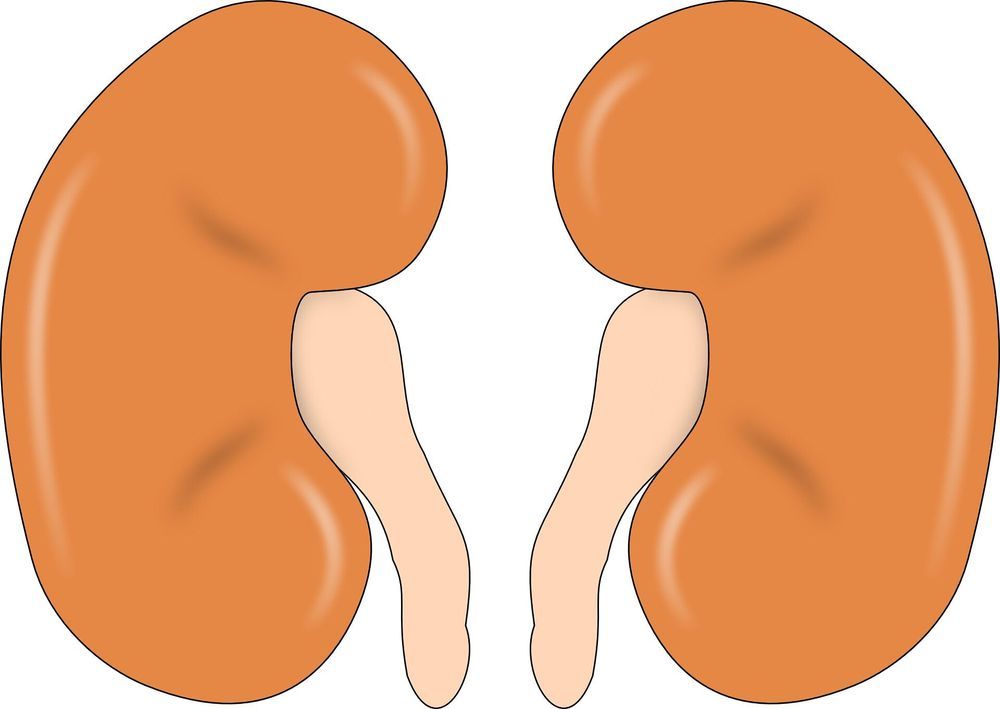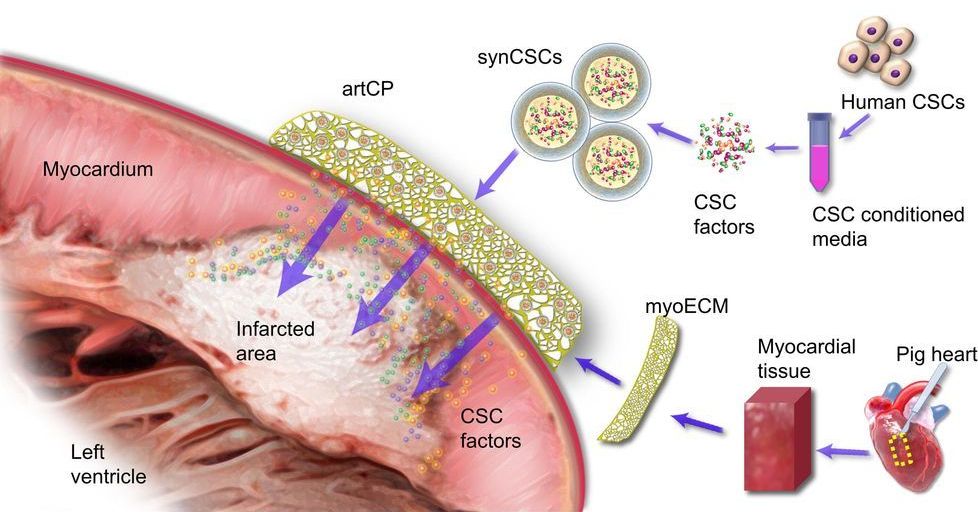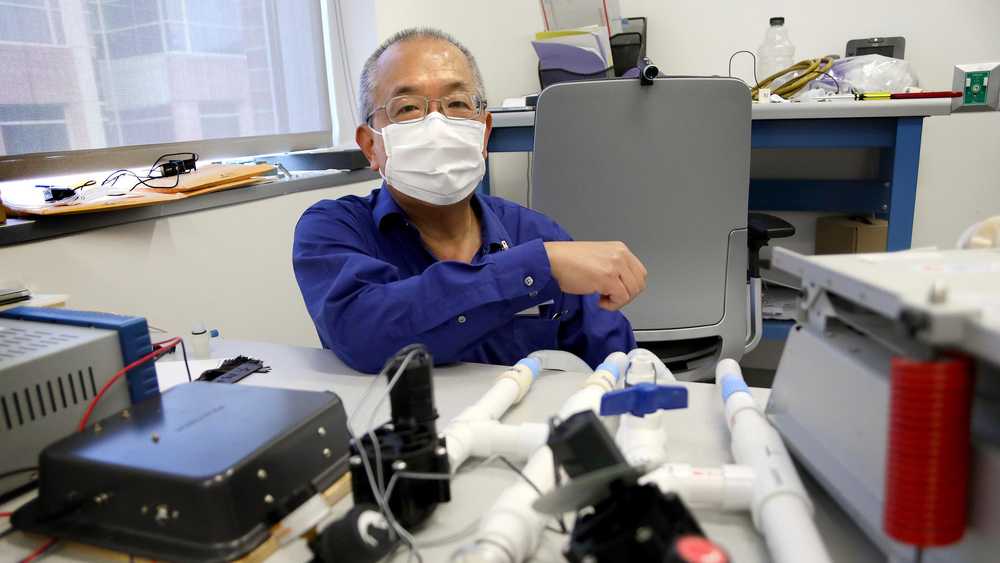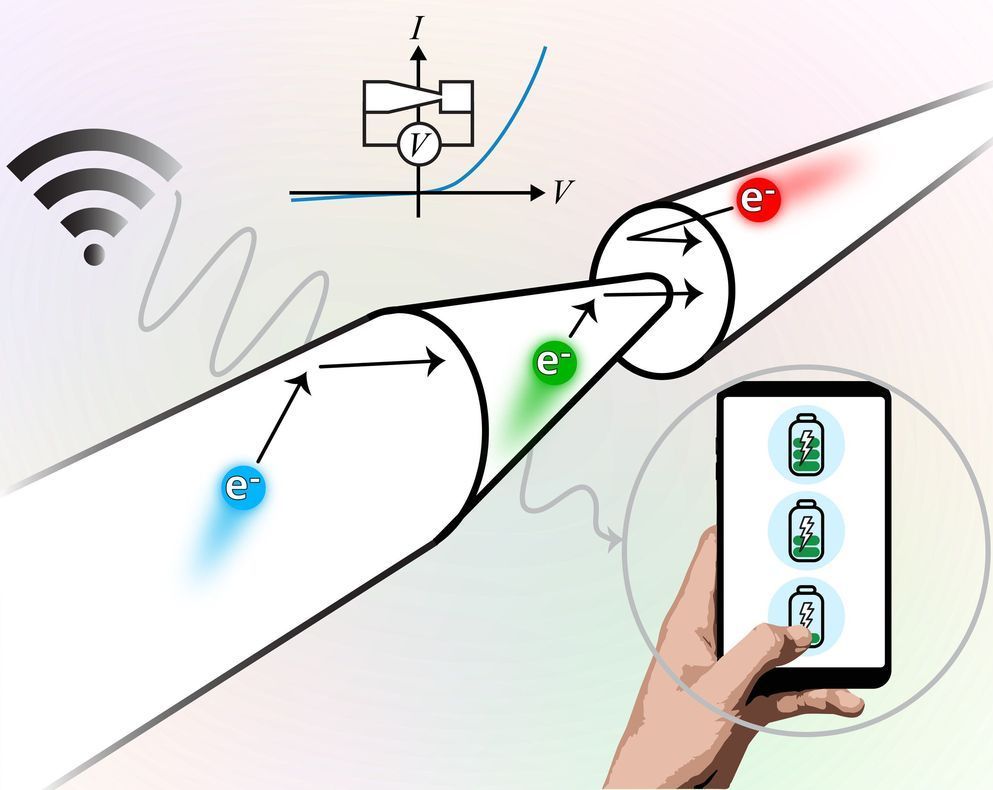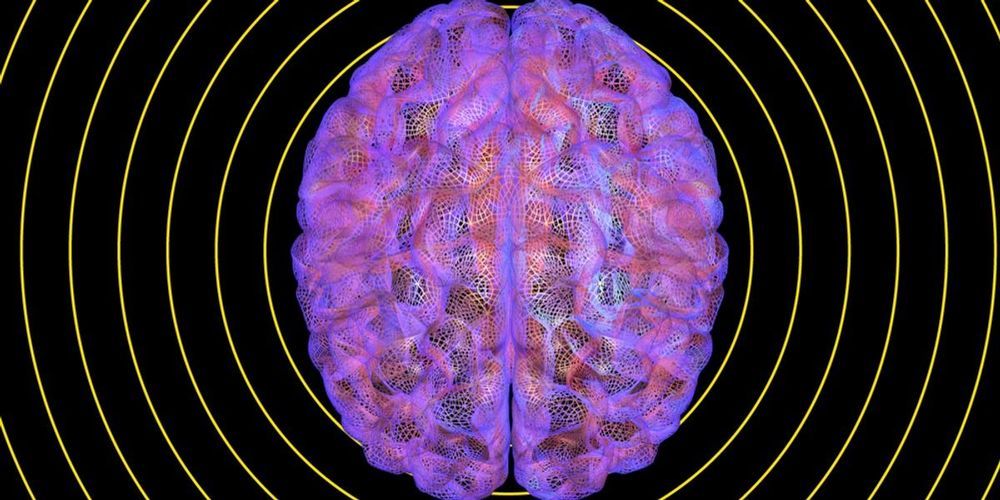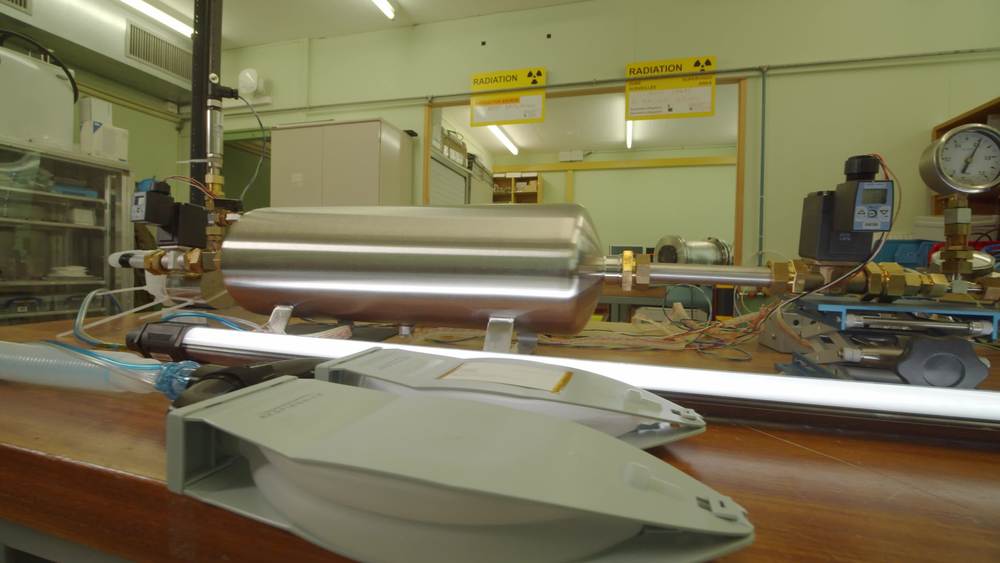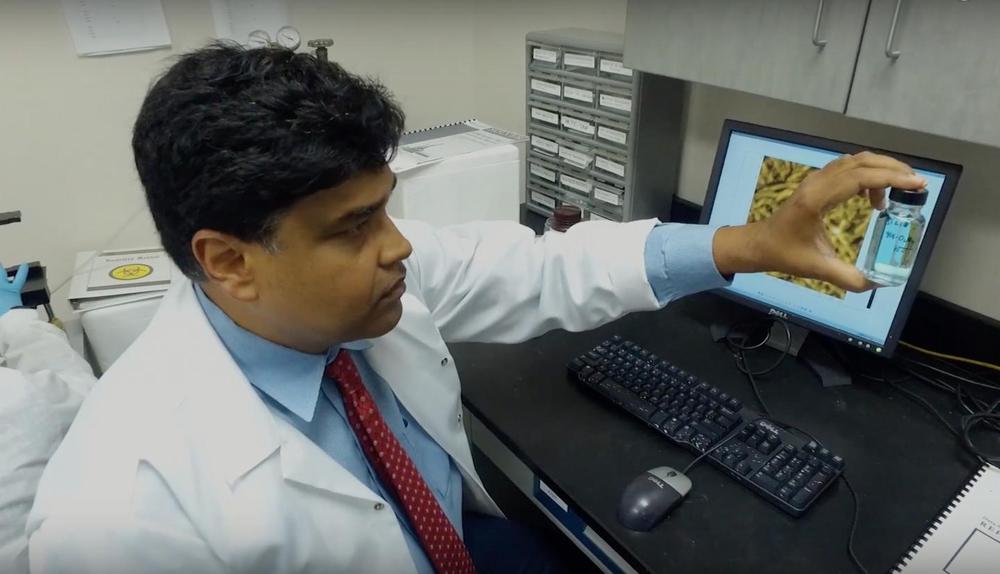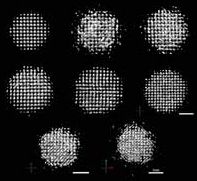Apr 10, 2020
Drug shows promise in reversing kidney damage caused by lupus (Update)
Posted by Paul Battista in category: biotech/medical
A drug used for cancer therapy has shown promise in reversing kidney damage caused by systemic lupus erythematosus (SLE, or lupus), according to a Yale-led study published April 8 in the journal Science Translational Medicine.
“Kidney damage affects about half of the patients with lupus, sometimes leading to renal failure with a requirement for dialysis or transplantation,” said Joe Craft, the Paul B. Beeson Professor of Medicine (rheumatology) and professor of immunobiology. “Finding what causes that damage is extremely important.”
Lupus is an autoimmune disease in which immune cells attack tissues in the body of the host, with kidneys being particularly susceptible in a condition called lupus nephritis. In lupus nephritis, the patient’s own T cells infiltrate kidney tissue and trigger a decrease in oxygen, leading to tissue damage and potentially end-stage kidney disease.
